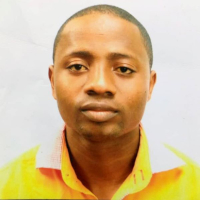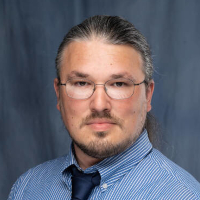No Seminar
However, you are invited to remotely attend the Coxeter Lecture, which is being held at our usual seminar time. The speaker is Natalia Komarova (UC San Diego), and the lecture is part of the Thematic Program on Mathematical Oncology being held at the Fields Institute for Research in Mathematical Sciences this semester. Thursday, September 19 …







